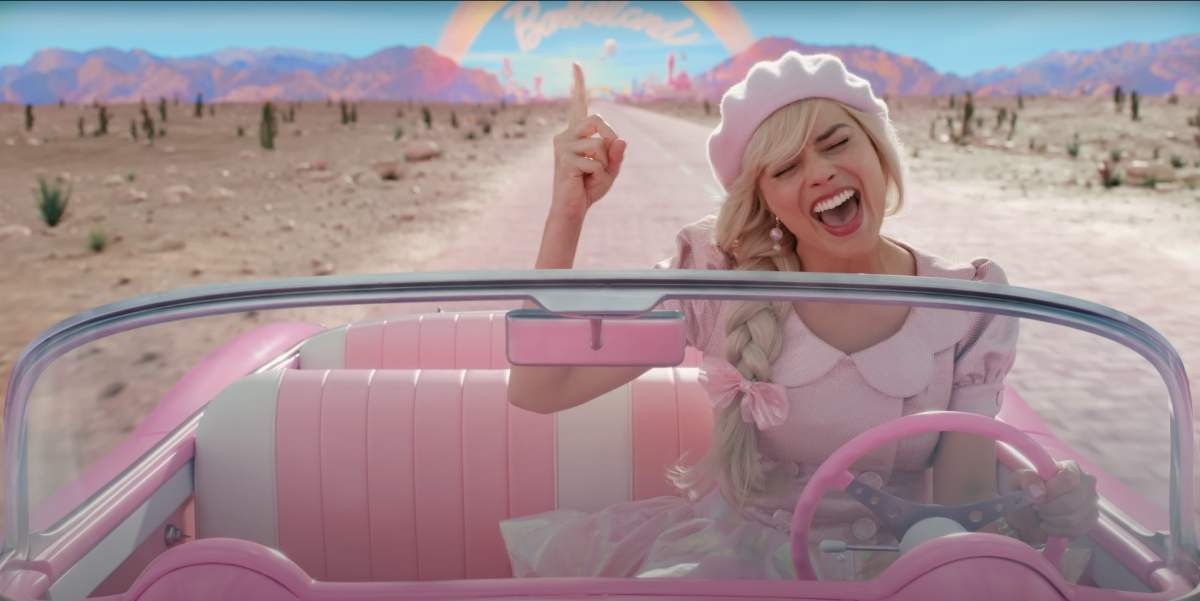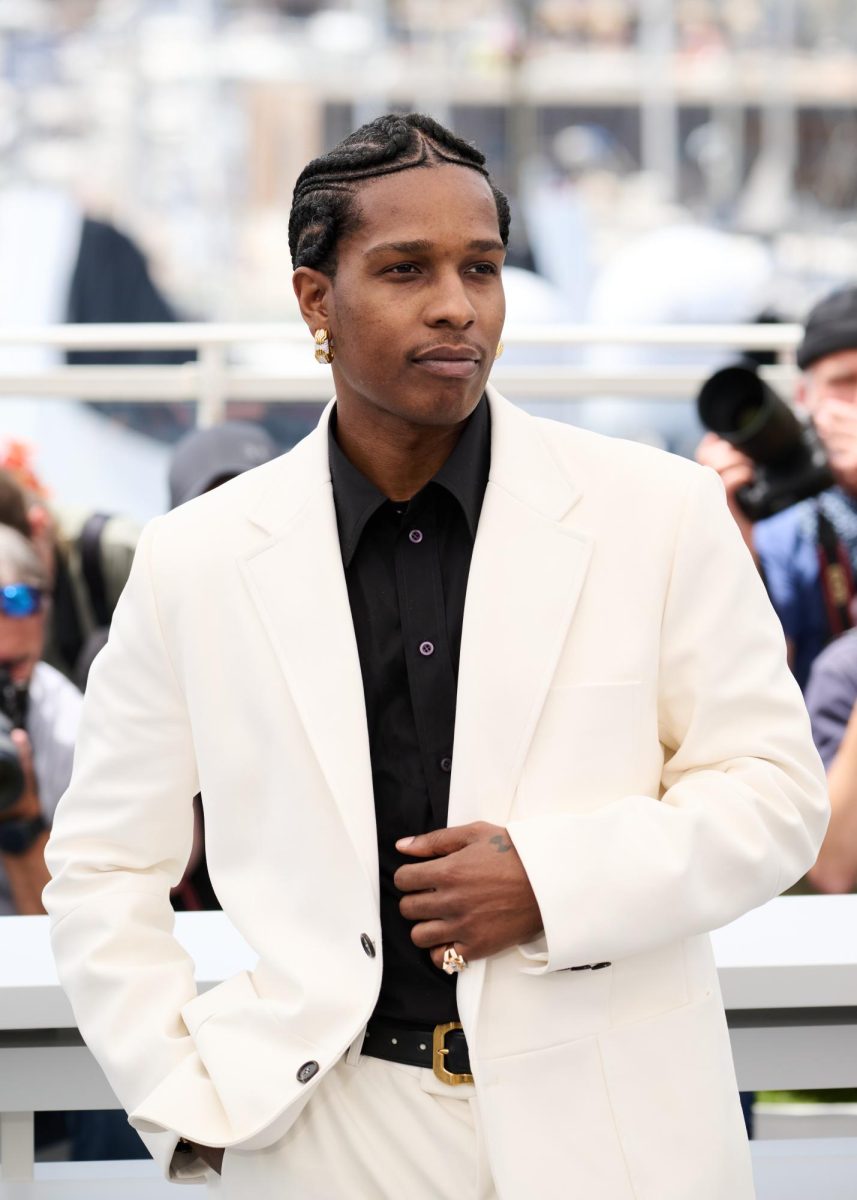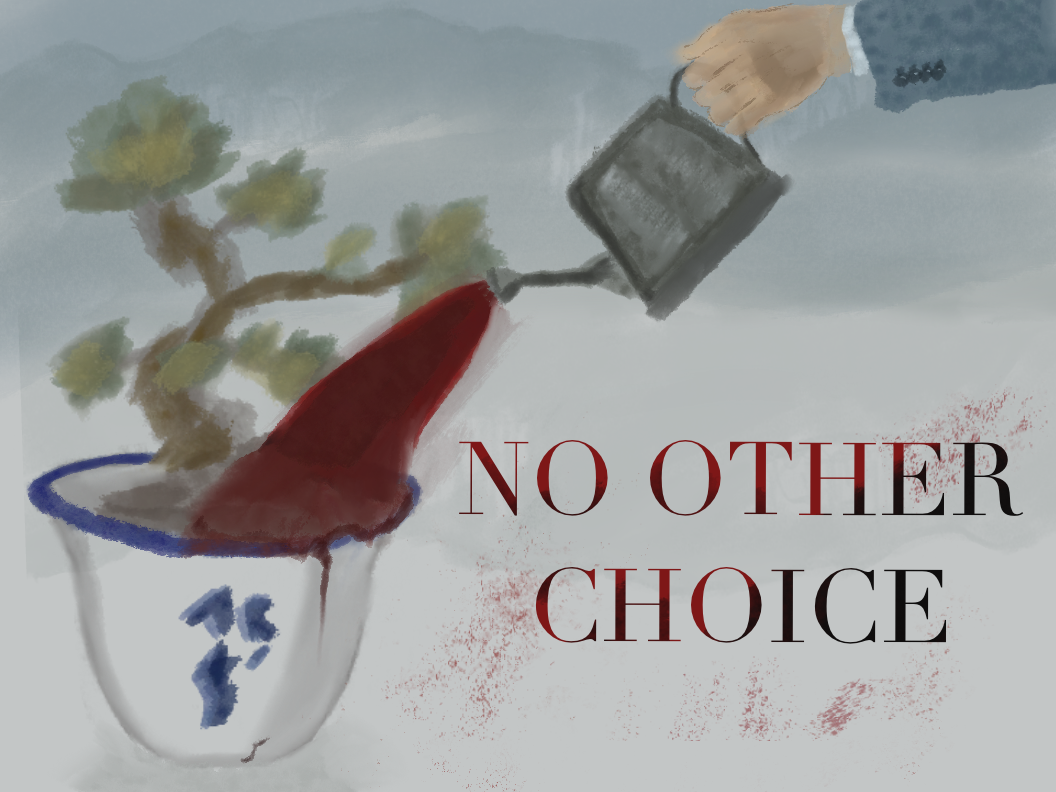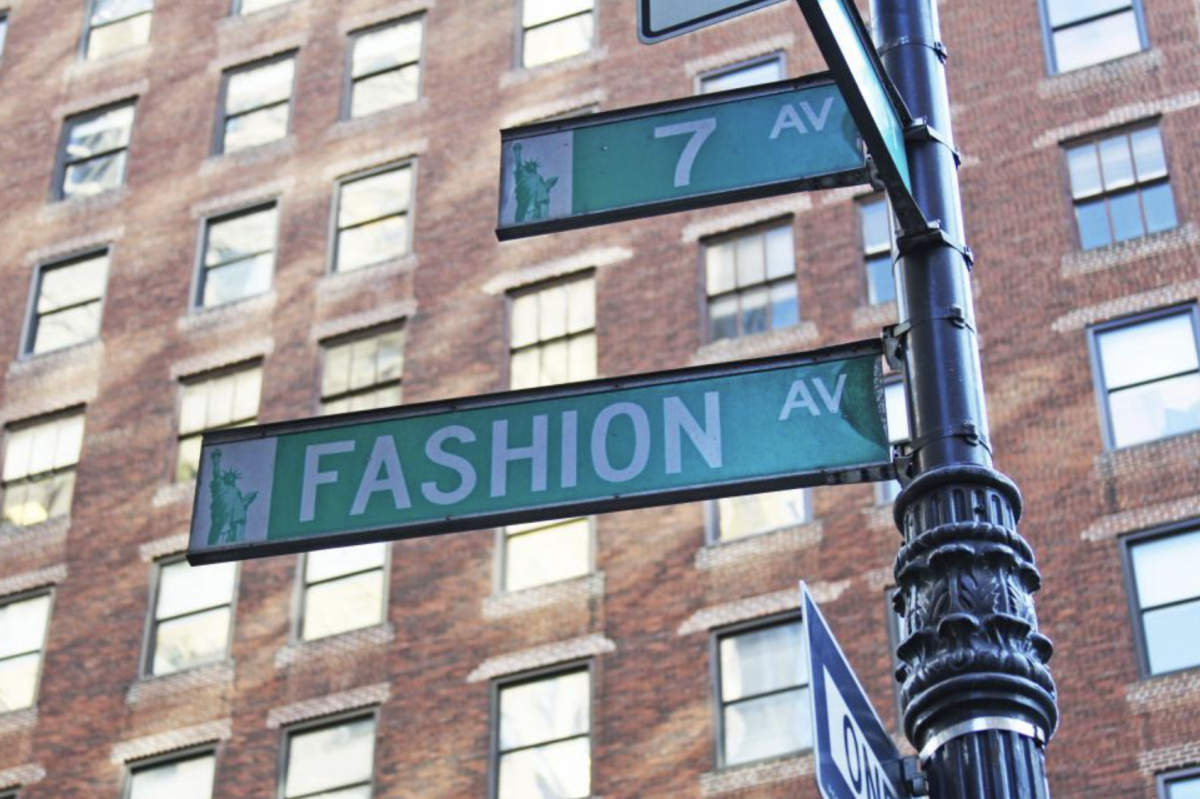The new motion picture “Barbie,” directed by Greta Gerwig, will forever transform feminism in cinema. For over 50 years, the Barbie doll has been lauded as a source of childhood amusement and play and simultaneously criticized as an agent of poisonous gender stereotypes as well as producing consumerist conceptions of femininity.
The ‘Barbie’ movie altered everything by putting the titular doll at the front of feminism, therefore pushing the film to the next level. The film portrays patriarchy in the real world, and its message shows women that they can pursue their passions and achieve their goals.
In recent arguments, debates have erupted over how the characters in the new Barbie film are portrayed, with many arguing it promotes hatred of masculinity.
“Barbie” has much to say, but it’s not anti-men.
In the movie, Barbie, played by Margot Robbie, begins to experience an identity crisis. She travels to the human world to understand herself and discover her true purpose.
While Barbie’s coming-of-age story is unraveling, Ken is also discovering that he has nothing but power because of his gender. Even when Ken appears to be on top, he is not at his best. Ken’s insatiable desire for meaning continues.
Throughout the film, Ken struggles to find his identity outside of Barbie’s image; he discovers he has no identity without Barbie, something Ken only realizes at the end of the film.
Having determined that the phrase “it’s Barbie and Ken” should be “It’s Barbie and It’s Ken,” he and the other Kens find themselves easily transported to Barbieland. The Kens realize they only need to figure out who they are to themselves.
The problem is that a segment of the film’s audience mistakes gender progression with weakness. “Barbie” is actually trying to represent a positive message to women and men.
The movie “ represents the social, physical and mental issues women deal with to survive the patriarchy. The Barbie experience for a little girl means looking at a doll perfect at every inch of her plastic body and thinking, “I want to look like that,” or “I need to look like that.”
Viewers who grew up with the toyline can feel the emotion behind the movie’s encouragement to try to forgive our old Barbie dolls for making us chase after unrealistic perfection. Now, toymaker Mattel has replaced the rigid beauty standard with dolls of all sizes and skin tones as an effort to celebrate diversity.
Acceptance is what some individuals need for the next generation who will play with the doll and for the little girl who’s a grown woman today.
In the future, we may witness even more new films featuring content that may be unsettling or weird to specific individuals. Pushing boundaries and defying societal norms have always been hallmarks of cinema’s progress.
“Barbie” is more than a movie; it’s a trigger, an emotional tornado that has come to reveal the weaknesses frequently concealed beneath facades of social acceptance.
Other directors may draw inspiration from such daring initiatives to examine different perspectives, just as Gerwig’s “Barbie” converted the perception of a famous doll into a vehicle for feminist commentary.
Attention, all future viewers: brace yourselves, for if you intend to go through the ‘Barbie’ experience in this cinematic experience, prepare to embark with the expansiveness of an open mind.









Massi • Sep 4, 2023 at 8:02 pm
Great take, love the perspective you have. I probably didn’t think of it like that probably because I’m a man lol.